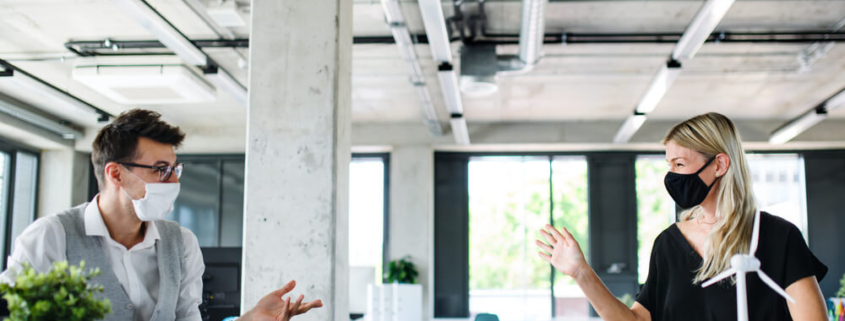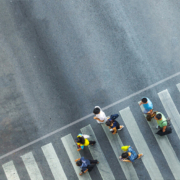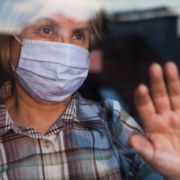How West Virginians are Helping Each Other During the COVID-19 Crisis
We are living in extraordinary times. Who would have thought even a couple months ago that a virus from overseas would ravage our country and kill tens of thousands of our citizens? But here we are.
There is not one person who has not been impacted in some way by the coronavirus pandemic. Some have lost loved ones to the virus, while many others have lost their jobs because of the effects of it. Those who are still working are either essential front-line workers who are putting their lives on the line to keep our society safe and functional or telecommuters who are working out of their homes. And of course, our kids have been pulled out of school and they are doing their classes online these days.
We have all had our lives disrupted by COVID-19, and these disruptions coupled with uncertainty about the future have been hard on a lot of people. But the good news is that Americans have faced serious challenges in the past, and we have always risen to the occasion. The same is happening as we deal with the coronavirus pandemic.
West Virginians Pulling Together during Times of Crisis
West Virginia was one of the last states to have a confirmed case of the coronavirus, and thankfully, we have fared much better than most other areas of the country so far. That said, we now have hundreds of confirmed cases, and as more people are tested, this number continues to rise. But as the threat of the virus grows in our state, so does the resolve of our citizens to pull together and help those who are in greatest need.
On March 24, the National Guard was mobilized to help with the crisis. We now have roughly 100 national guardsmen and women that are in various parts of the state providing support to those who are on the front lines. Some are assisting local hospitals and first responders by moving supplies around the state while others are providing assistance at food distribution centers and helping answer calls from concerned citizens. The Guard is also providing assistance with COVID-19 tracking and analytics.
Citizens in local communities are also pitching in to help where they can during the midst of this crisis. Here are some of the ways that West Virginians are helping their neighbors get through this:
- Supporting Local Food Shelves: With so many people out of work, food shelves all over the state are facing an ever-growing need. At the same time, many of the regular volunteers are staying home because they are in a higher risk category of getting the virus. The National Guard is helping out, and so are other citizens who are able to financially support these charities and/or give some of their time. It is challenging, but by working together, we will continue to ensure that no one in this state goes hungry.
- Helping the Elderly in Local Neighborhoods: Our seniors are among those who are hardest hit by the COVID-19 pandemic. Many of them are afraid to go out and buy groceries and other essential items because of the virus, and a large number of them are also feeling very lonely not being able to visit with anyone. Neighbors across West Virginia are stepping up to make sure the elderly in their communities are taken care of. Some are delivering essential goods to them (while staying at a distance), and others are calling them up and speaking with them for a while, so they do not feel so isolated.
- Supporting Frontline Workers: While many of us are working from home, there are others who do not have that option. These are the “essential” workers, like medical personnel, grocery store workers, and delivery drivers, who are on the front lines. Others in the community are helping these workers by having meals delivered to them, sending them other types of gifts and cards, or just giving them a simple “thank you” for their service.
- Supporting Local Businesses: Many businesses that are considered non-essential have been hurt badly by having to close during the coronavirus pandemic. Those hardest hit are places like restaurants and others where large groups tend to gather. Individuals in their communities realize that many of these businesses are in trouble, and they are doing what they can to support them. This may include patronizing those who remain open with limited services or purchasing gift cards from businesses that are closed for now but plan to reopen later.
To help streamline relief efforts, a new website has been established called Rapid Response WV with the slogan, “taking care of each other is the West Virginia way.” But this is more than just a slogan, it is who we are. On this website, you can find out how to obtain help, get clear instructions if you feel sick, contribute resources, or volunteer.
Before long, the coronavirus pandemic will be over, and we will be able to resume our normal lives again. And when we look back, our greatest memory will be the way West Virginians looked out for each other during one of the darkest chapters in our nation’s history. In the meantime, we at Bailey, Javins, and Carter L.C. want to remind everyone to follow the guidelines, stay safe, and do what you can to help your neighbor. We are all in this together, and we will all come out stronger together because of this experience.







